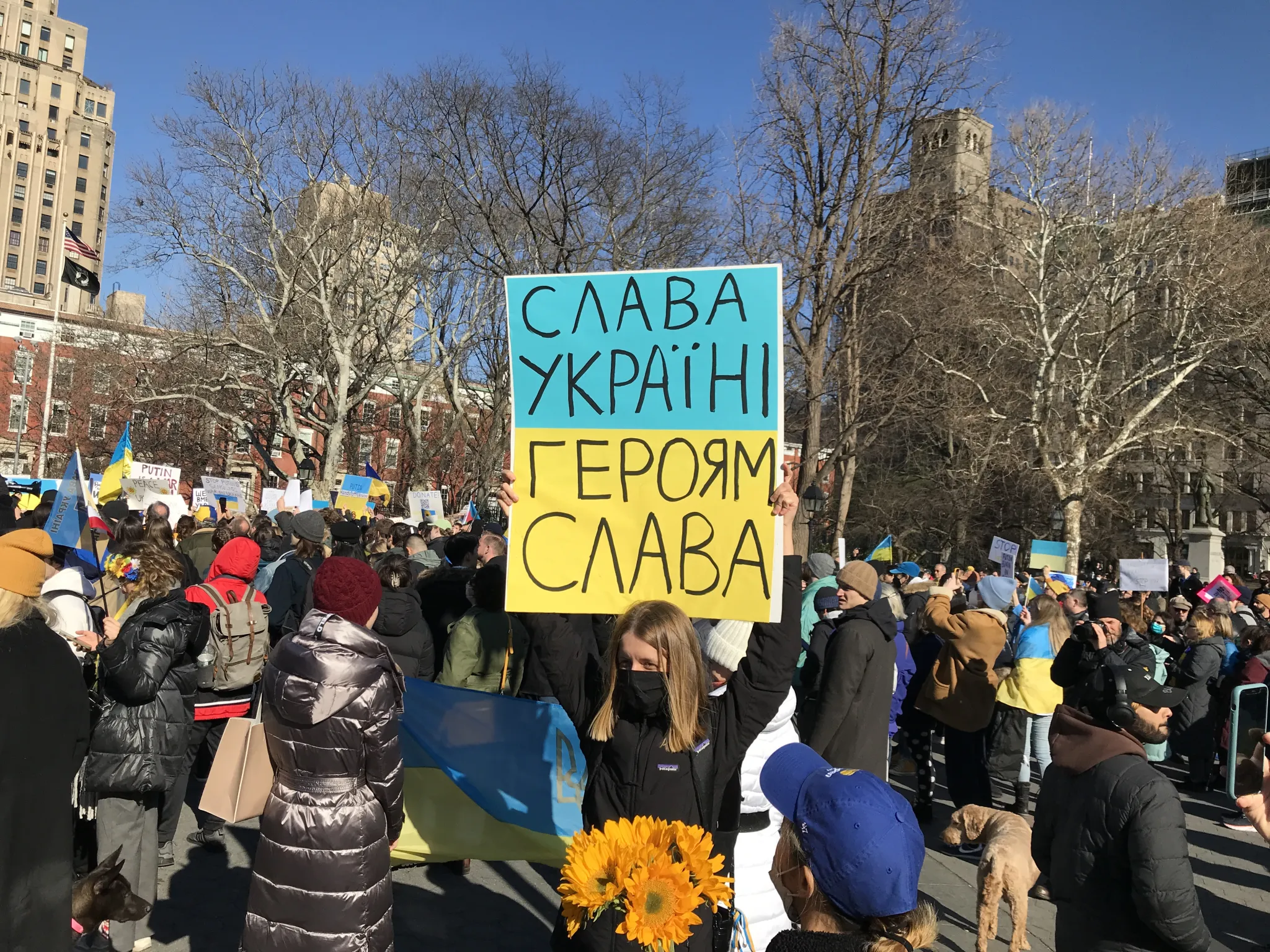Building Global Support for Ukraine: the Question of Development Aid

Disclaimer: Opinions expressed in this commentary are those of the author and do not necessarily represent the institutional position of International IDEA, its Board of Advisers or its Council of Member States.
The arrival of more than five million Ukrainian refugees in the European Union over the last several months marks by far the largest dislocation of people in Europe since World War II. Despite being over three times the size of the 2015 European migrant crisis, the influx of refugees has yet to provoke a political crisis. There are multiple persuasive arguments for why this is the case, but this piece will focus on just one: the increasingly common practice among European Union member states of shifting the financial burden of hosting asylum seekers and refugees onto less-developed foreign countries. While this practice might help shore up short term support for Ukraine on the continent, it also plays a part in undermining that support further afield.
Europe has been increasingly comfortable literally shifting asylum seekers to countries outside the bloc in recent years – first in 2015 via an EU agreement with Turkey, then one with Libya for those caught at sea (under conditions Amnesty International calls “hellish”), and most recently in the British plan to send asylum seekers all the way to Rwanda.
A lesser known practice, used in 2015 and revived today, has been for countries to redirect their existing humanitarian and overseas development assistance (ODA) budgets towards domestic refugee resettlement and processing – in many cases doing so by cutting already promised programs and funding.
Development experts have pointed out the immediate material consequences in terms of greater hunger and poverty and decreases in public health because of the cuts. While internationally accepted guidelines do allow donors to categorize support for domestic refugees as ODA under certain conditions, this is simply an accounting guideline.
Those on the receiving end of the cuts are also disproportionately affected by the global spike in food and energy prices that have been a fallout of Russia’s invasion and whose fight against the still-ongoing coronavirus pandemic is hampered by the continued resistance by rich countries to waive intellectual property rights for life-saving vaccines and treatments. These cuts will be felt most acutely with regards to already agreed-upon programs and funding, which recipient states will find nearly impossible to finance in today’s volatile macrofinancial climate.
In a statement, Oxfam acknowledged that country’s aid budgets are limited, and that “tough choices” need to be made to ensure that funding obligations for both domestically-housed refugees and promised ODA can be met. This is a generous interpretation, as the cuts to development aid are not taking place in a financial vacuum. Germany recently announced a €100 billion increase in defense spending for 2022, and many other European countries quickly followed suit without expressing any corresponding financial concerns. A coalition of Swedish NGOs pointed out that their government’s projected budget surplus for 2022 is roughly fourteen times the size of its cuts to ODA.
Denmark has singled out individual states for its budget cuts, repatriating promised funds to Bangladesh, Syria, Mali, and Burkina Faso, and warning of further cuts on the horizon. Part of the German package entails halving its contribution to the World Food Programme, and Sweden will cut its support for democracy and governance programming worldwide by 43 percent.
The cost of rebuilding Ukraine is likely to be massive, the negotiations arduous, and the risks of poor coordination and misallocation high, so European policymakers can perhaps be forgiven for an abundance of caution with current financial outlays. As we have seen, the fallout of the war and its costs spread far beyond Europe, and the failure to handle these in a democratic and equitable manner risks breaking the international isolation that will be key to stopping the Russian war machine. This last cost is not one that European policymakers, not to mention Ukrainians, can afford to pay.
This blog is the first in a three-part series.




